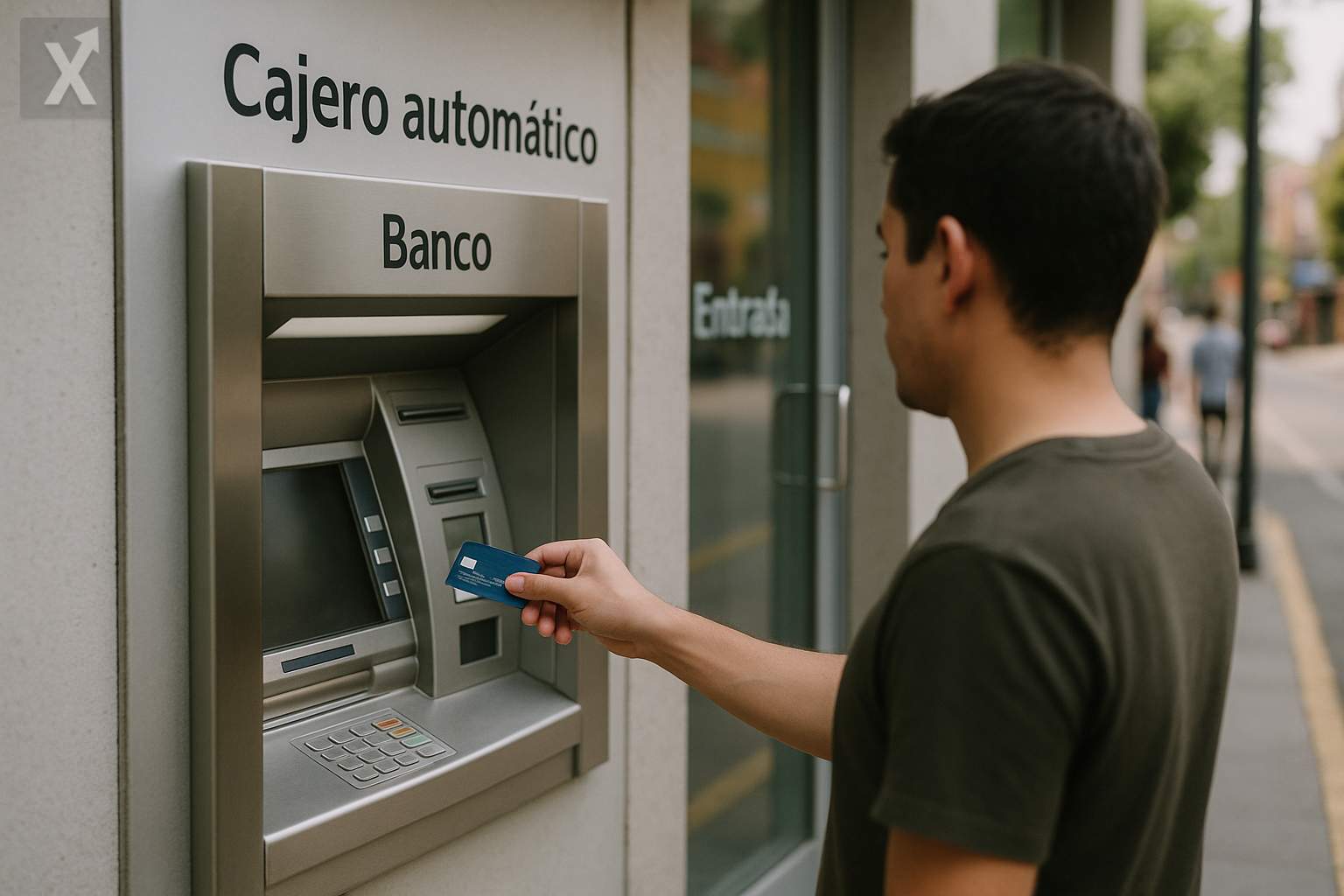Finance Ministry and FIU Order Preventive Freeze After OFAC Sanctions; Strengthen Anti-Money Laundering Cooperation

The Ministry of Finance and Public Credit, through the Financial Intelligence Unit (FIU), ordered the administrative freezing of individuals and companies in Mexico after the United States Department of the Treasury’s Office of Foreign Assets Control (OFAC) designated 22 targets linked to alleged money laundering activities. This measure, implemented in coordination with the financial system, seeks to prevent illicit funds from entering or circulating within the national economy.
The Finance Ministry clarified that being added to the List of Blocked Persons is a preventive action and does not constitute a judicial determination or imply criminal responsibility. The FIU will carry out a financial analysis of transactions related to the designated subjects and, if it identifies signs of criminal activity, will refer the matter to the Office of the Attorney General for further action. Authorities emphasized that these freezes are implemented based on Mexico’s international commitments and are in accordance with the compliance rules governing financial institutions.
Mexico, a member of the Financial Action Task Force (FATF), has for years maintained a robust anti-money laundering framework that includes obligations for banks, fintech companies, sofomes (non-bank financial institutions), and vulnerable activities, as well as requirements to report unusual and significant transactions. In practice, international sanction lists—such as OFAC’s—are integrated into the monitoring systems of the financial sector, which applies enhanced due diligence filters for dollar transactions and cross-border operations to reduce correspondent banking risks and avoid secondary sanctions.
In the short term, these freezes can cause operational disruptions for the designated parties and their counterparties, leading banks to intensify their reviews of clients and related vendors. Experts warn that “over-compliance” may raise costs for small and medium-sized enterprises (SMEs) and temporarily limit access to credit; however, affected individuals have legal options for review and defense. Recent judicial rulings have reiterated the need to safeguard due process, while also recognizing international anti-money laundering cooperation as a significant public interest.
This action is part of a broader bilateral agenda on security and illicit finance, in which Mexico and the United States have stepped up information sharing to dismantle money laundering networks linked to crimes such as drug trafficking and corruption. In recent years, the FIU has mirrored foreign designations in high-profile cases while simultaneously tightening internal supervision and strengthening compliance reporting by both financial and non-financial institutions.
From an economic perspective, stronger anti-money laundering compliance helps preserve system stability, reduce risk premiums, and maintain the confidence of investors and correspondent banks—crucial factors as supply chains are relocated to Mexico. While this entails stricter control requirements for intermediaries and companies, the net result is expected to be positive for market integrity and the country's financial competitiveness.
In summary, the preventive freeze resulting from the OFAC list reaffirms Mexico’s international financial cooperation and its priority to shield the system from illicit funds. The challenge ahead will be to balance effectiveness with due process, avoid unintended effects on legitimate activities, and maintain proportional supervision that preserves trust among economic actors without hindering productive activity.





